Fortunes change, and now the global economic landscape has been turned upside down.
The U.S. economy once led the world, but now it has entered a downward trajectory. In contrast, China's economy has gradually narrowed the gap with the U.S., and China has now become the world's second-largest economy.
If the United States loses its number one position globally, it will only be left to be harvested by others. It is hard to imagine that the U.S., which used to harvest other countries, is now being dealt with by other nations. Recently, U.S. Treasury bonds have fallen out of favor. Why is that? Several countries have joined forces to sell off U.S. debt. What is really going on?
Before the U.S. economy completely collapses, selling off U.S. debt will not leave it in one's hands. If the U.S. economy fails completely, these bonds will become worthless and no one will want them on the market.
The U.S. government's continuous printing of money has led to the devaluation of the dollar and the loss of appeal of Treasury bonds.
The U.S. government is now spending extravagantly, and the money spent cannot keep up with the taxes collected. However, the government needs real money to operate; without funds, the U.S. government would go bankrupt.
In order to keep the U.S. economy running, the government has no choice but to print a large amount of dollars. When there are too many dollars in the market, inflation naturally follows.
A large amount of money is injected into the market, but consumers' purchasing power has not increased accordingly. The government uses this money to develop the economy but neglects the needs of the people.
Americans only hope for a relatively low level of prices, not expecting to eat fish and meat every day, but at least to maintain a basic standard of living. However, the reality is that the continuous printing of dollars by the U.S. government has led to domestic inflation and soaring prices.Originally, a loaf of bread could be bought for 5 yuan, but now it costs 10 yuan. The devaluation of the US dollar has become a fact, and the US national debt is inevitably impacted.
According to the Federal Reserve, the current inflation rate in the United States is relatively high, and the government's top priority is to address inflation. However, the Federal Reserve continues to raise interest rates, aiming to attract more capital into the United States, which has made it unaffordable for some businesses.
Interest rates are simply too high. For businesses to expand their production scale, they must borrow from banks. But when entrepreneurs see the ever-rising interest rates, they are discouraged.
The US government keeps issuing US Treasury bonds. If countries around the world buy these bonds, the US economy will not go bankrupt.
This idea is too naive. Why should the global community pay for the debt hole created by the United States?
Under the United States' reckless actions, the US national debt has lost its former charm. Other countries are increasingly concerned that the US national debt is about to collapse, and it's time to sell before it's too late.
China has reduced its holdings of US Treasury bonds by $27 billion, and the underlying reasons are unexpected.
Japan is now the largest foreign creditor of the United States. This country has become a follower of the United States and is deeply influenced by it on major issues.
In recent years, the United States has fallen into a predicament of slow economic development and urgently needs external support. The bonds issued by the United States require Japan to purchase them.
As a result, the number of US Treasury bonds that Japan now holds is astonishing. However, in July, Japan sold $2 billion worth of US Treasury bonds. Despite this, it still has $11.157 trillion, and Japan has now become the largest foreign creditor of the United States as desired.However, being a competitor is not an easy task. Japan is currently facing a domestic economic crisis. In order to recoup funds, they have had to sell off a portion of their U.S. Treasury bonds.
Even with this, they are still apprehensive about selling too many, as the United States has been relying on Japan to purchase some of its national debt to alleviate American pressure. But now, Japan can no longer sustain this. Selling a portion of the national debt is necessary to stabilize Japan's economy.
In addition to Japan, the United Kingdom is currently the third-largest overseas holder of U.S. debt. The UK has also been selling off U.S. debt recently, selling $13.2 billion in July alone, followed by France, which sold $16.3 billion.
The amounts sold by the UK and France are comparable, indicating that both countries have doubts about the U.S. economy. Previously, it was the United States that reaped the benefits from global nations. Now, all countries have become wiser, with China, Japan, the UK, and France beginning to collectively sell U.S. debt and reverse the harvest on the United States.
Several other countries with good relations with the United States have also started selling U.S. debt, albeit in small quantities. This represents a sale of $27 billion in U.S. debt. Some may ask, isn't U.S. debt quite popular? China used to buy a large amount of U.S. debt; why not now?
It is crucial to view the issue objectively. The past is the past, and the present is the present. Currently, the global risk of war is gradually increasing, and with the Federal Reserve lowering interest rates, a large amount of hot money will flow out of the U.S. market, impacting the global economy. Therefore, considering the safety of our domestic economy, it is necessary to stabilize our country's foreign exchange reserves.
Taking these issues into account, China is now selling U.S. debt and using some of the money to purchase gold, which is more reliable in price than the U.S. dollar. In fact, the real reason for selling U.S. debt is to maintain our financial security.
At the same time, to avoid over-reliance on the U.S. dollar and reduce U.S. debt, we can promote the internationalization of the Chinese yuan, making it a global currency.




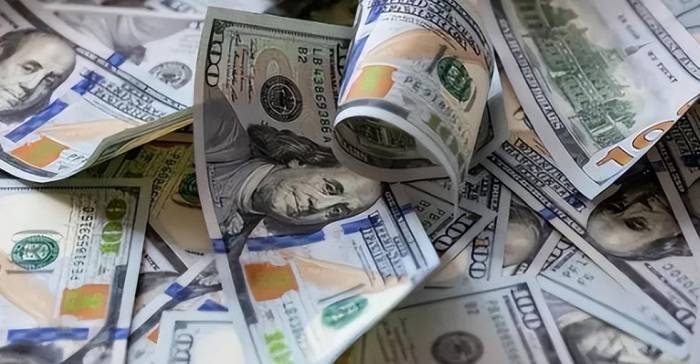












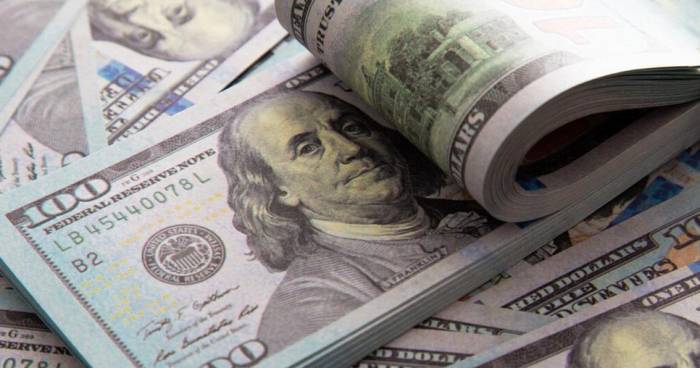

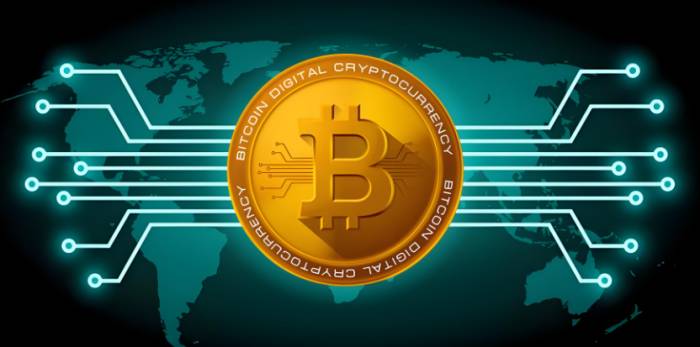




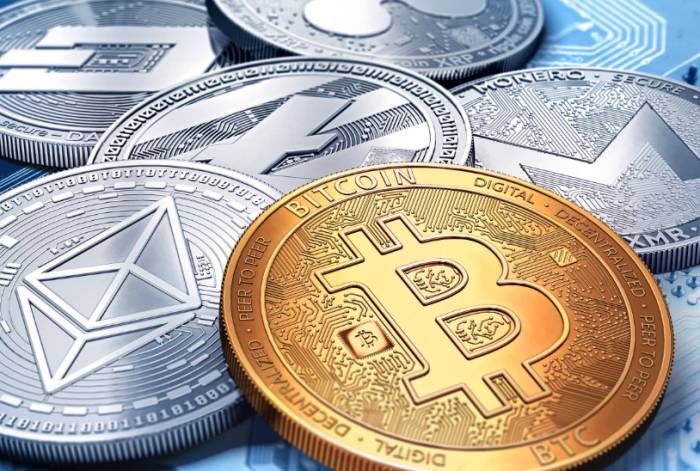


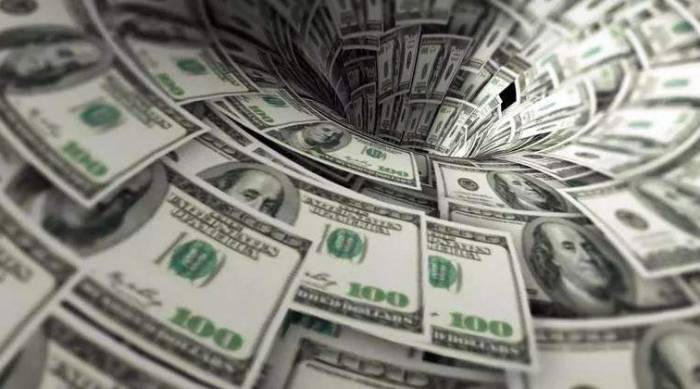


Leave a Comment